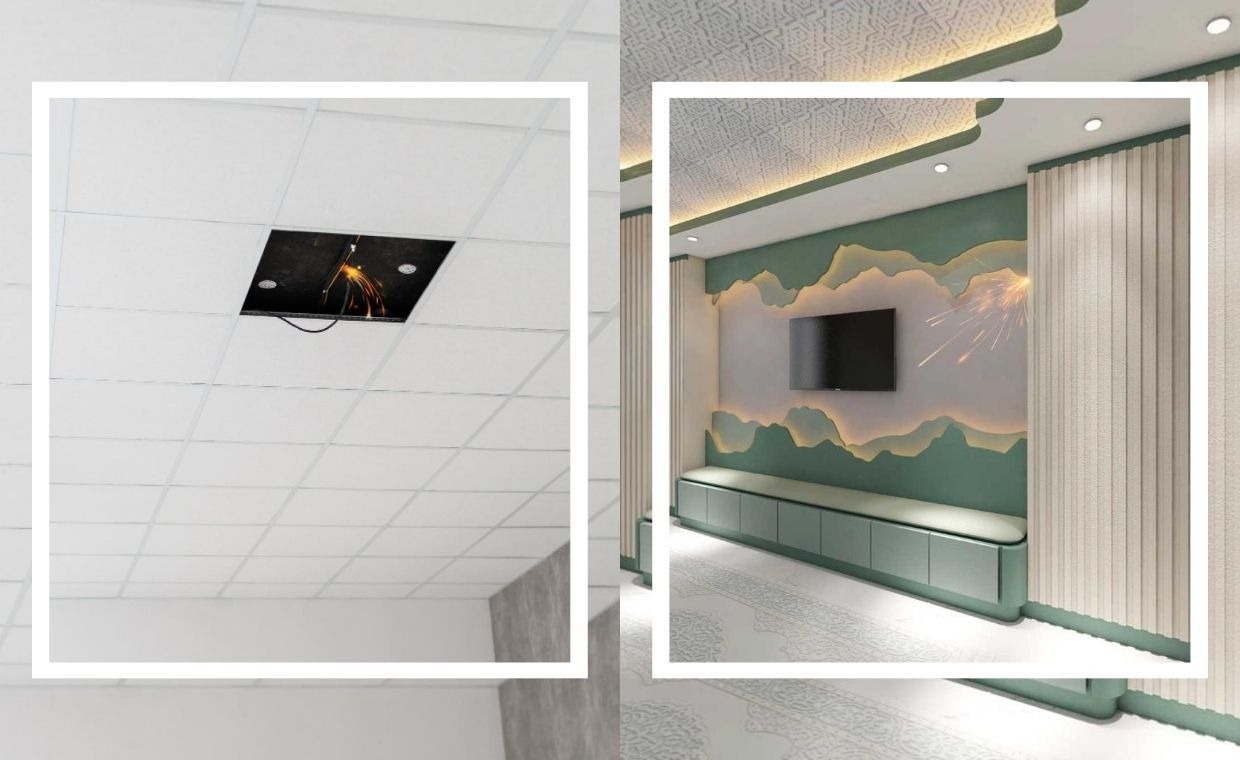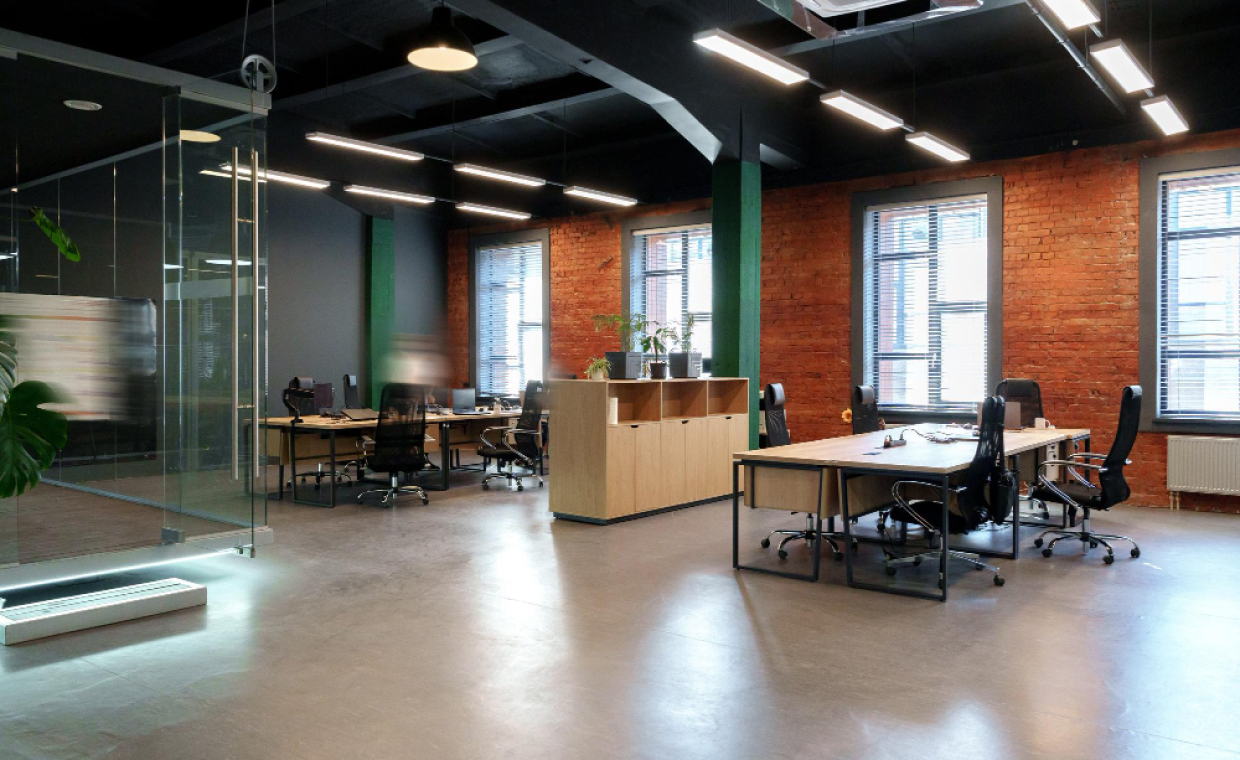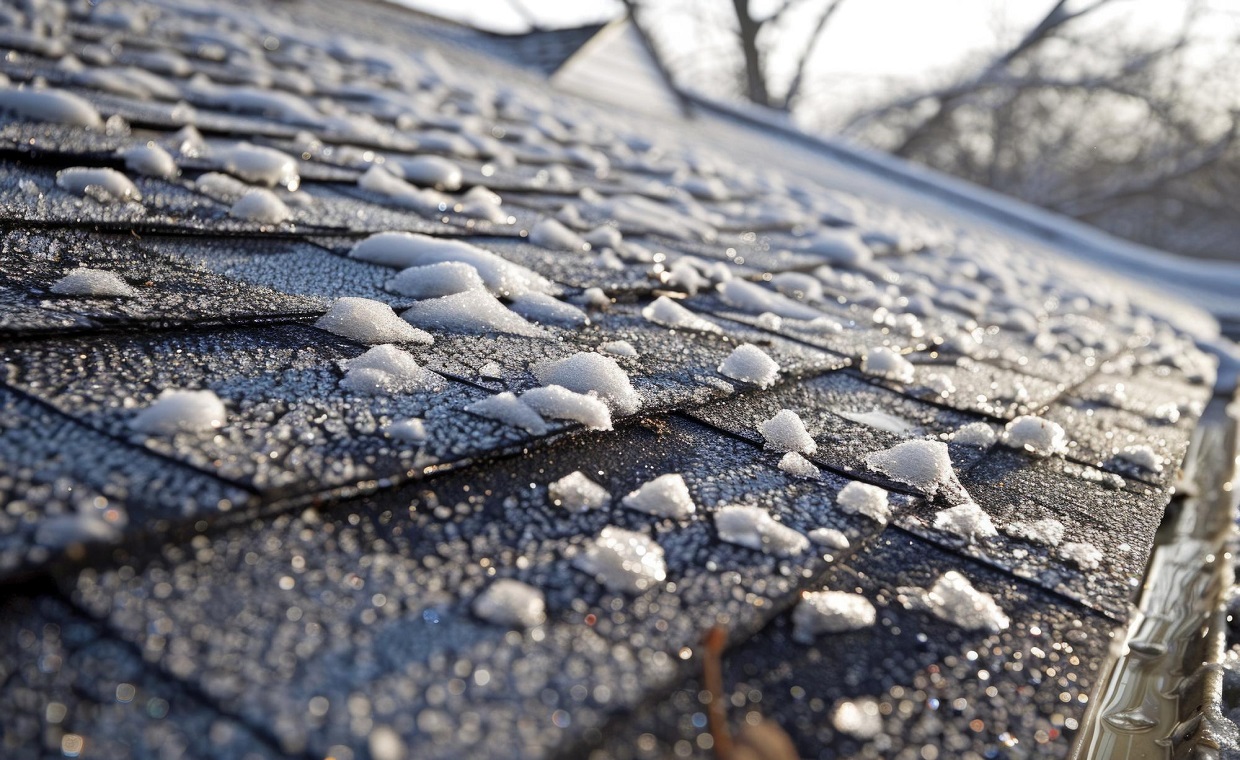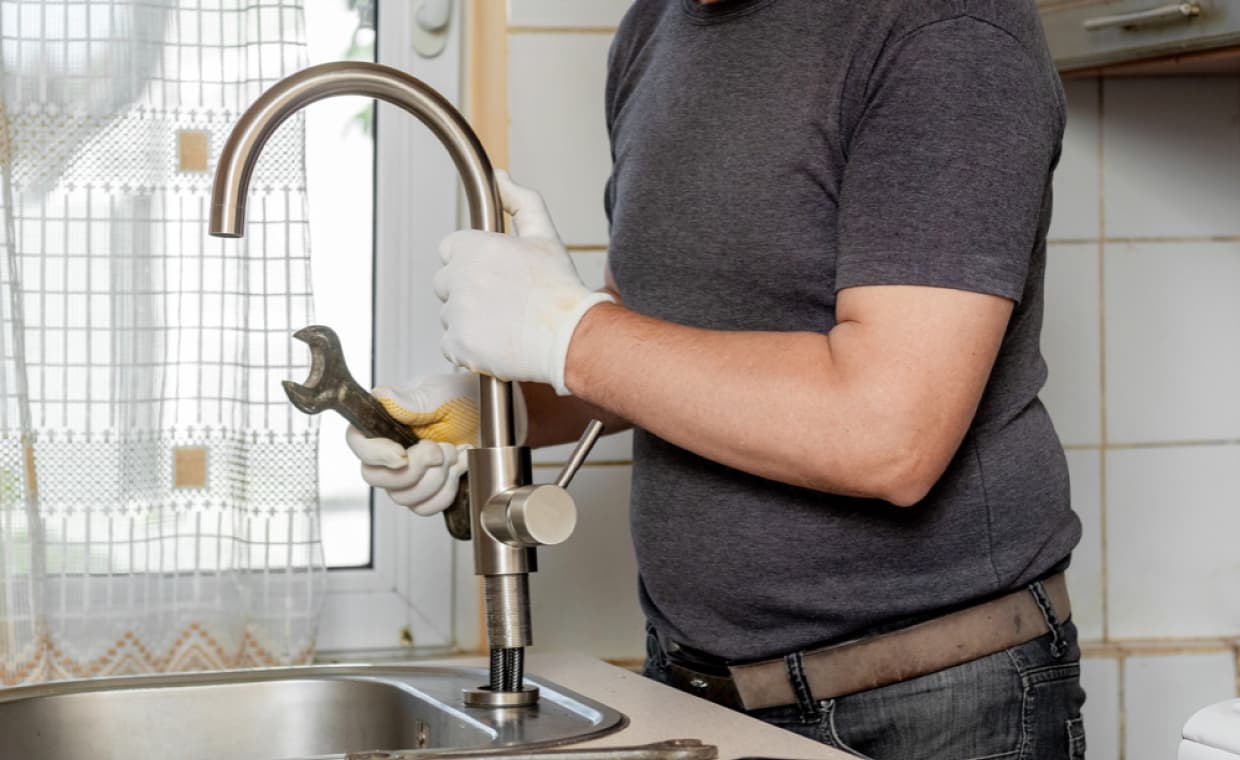
Table of Contents
Quick Summary
- Plumbing upgrades enhance property value, boost efficiency, and implant confidence in buyers.
- Most plumbing lasts 20–50 years, but signs like low pressure, leaks, or rusty water mean it’s time to update.
- Replacing old pipes with copper or PEX improves durability, flow, and reduces future damage risks.
- Fixture upgrades like low-flow fixtures and toilets, faucets, and showerheads lower bills and improve aesthetics.
- Tankless water heaters save energy, and offer uninterrupted supply of hot water, and have a longer lifespan.
- Adding another bathroom increases convenience and resale value.
- Whole-house filtration systems or water softeners improve water quality and extend the life of appliances.
- Local codes require licensed plumbers, permits, and inspections for upgrades.
- Seasonal maintenance, such as insulating pipes, protects your system throughout the year.
- DIY is fine for minor fixes, but major projects need a professional plumber.
Plumbing upgrades is a critical point if you are looking to boost your property’s value. If you are after boosting your property values, you shouldn’t overlook the plumbing of your property. It’s a key system, and when it’s out of date or underperforming, it shows in function and resale value.
When you upgrade your plumbing assisted by an expert plumber in East Granby, CT, you can also raise your home’s appeal, lower your utility bills, and give future buyers confidence. Here are the types of plumbing upgrades to consider if you want to add value to your property.
How Often Should You Update Your Plumbing?
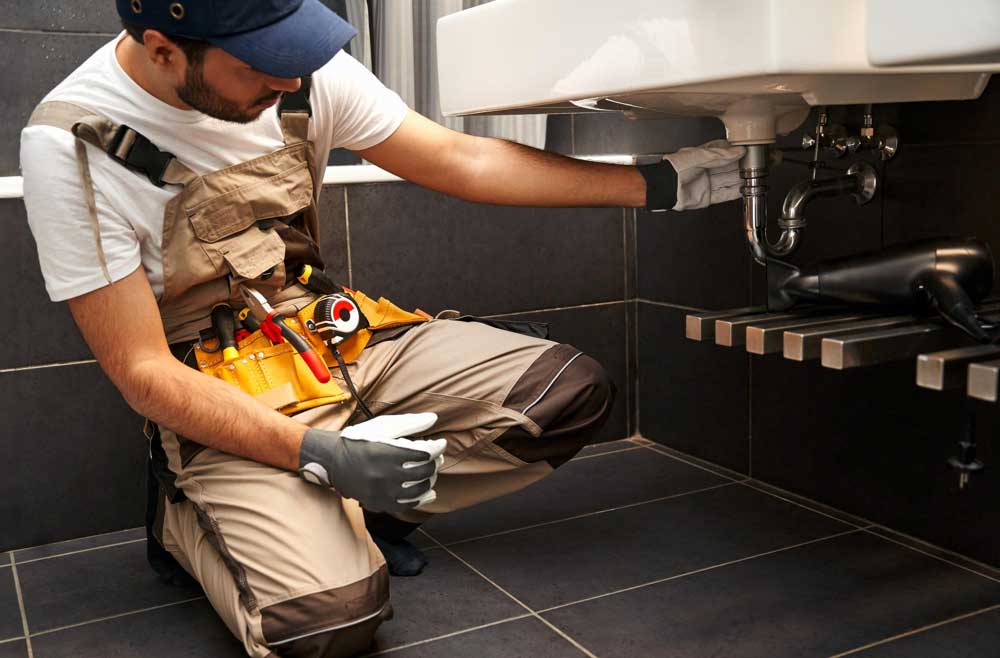
Most plumbing systems last between 20 and 50 years, depending on the materials used. But signs like low water pressure, rusty or discoloured water, frequent leaks, or the need for constant repairs mean it’s time for an update. Don’t wait for a burst pipe to force the issue.
Are your pipes made of galvanized steel or polybutylene? These are outdated and prone to failure. If your water smells or tastes metallic, that could mean corrosion inside the pipes: pipe replacement can help you to improve water taste. And if your monthly water bills are rising for no clear reason, get your system checked for hidden leaks.
Upgrade Old Pipes with Modern Materials
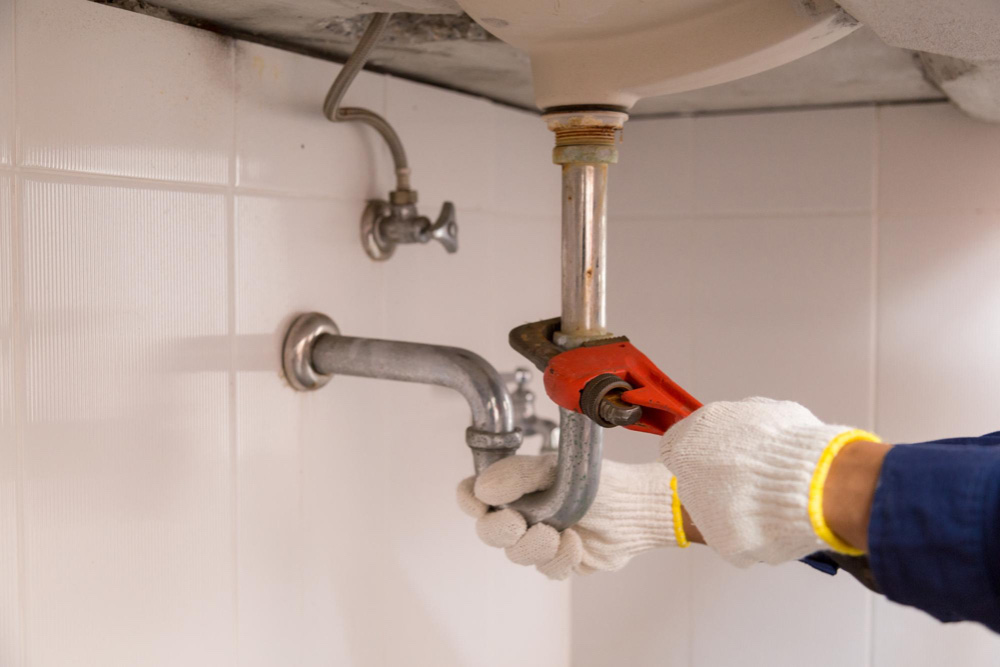
Old pipes are a liability for homeowners and those looking to sell their homes. By plumbing upgrades, you may consider pipe replacing them with copper or PEX piping improves flow, reduces the risk of corrosion, and helps prevent major water damage. PEX is flexible, easier to install, and handles temperature changes well, while copper is durable and long-lasting.
“Buyers feel more confident when they see a home with updated plumbing. It tells them the system won’t cause headaches later,” says a licensed plumber.
Boost Efficiency with Fixture Upgrades
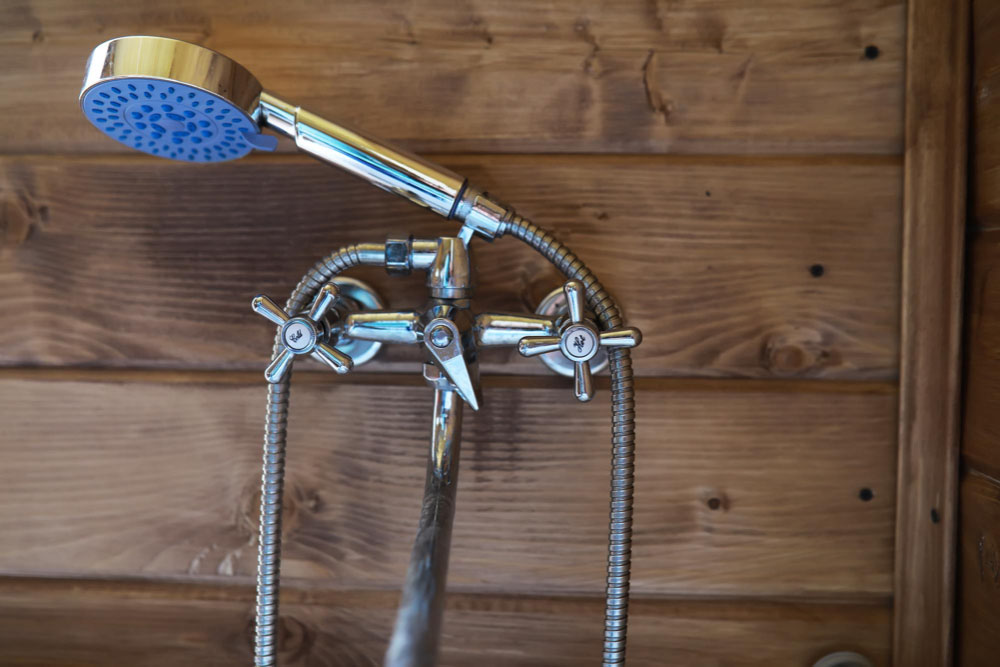
Even small Plumbing upgrades to your plumbing can make a difference. Replacing old toilets, faucets, and showerheads with modern, low-flow fixtures options improves performance and cuts down on water use.
Benefits of fixture upgrades:
- Lower water bills.
- Improved bathroom aesthetics.
- More sustainable water use.
Look for WaterSense-labeled products when shopping.
Install a Tankless Water Heater
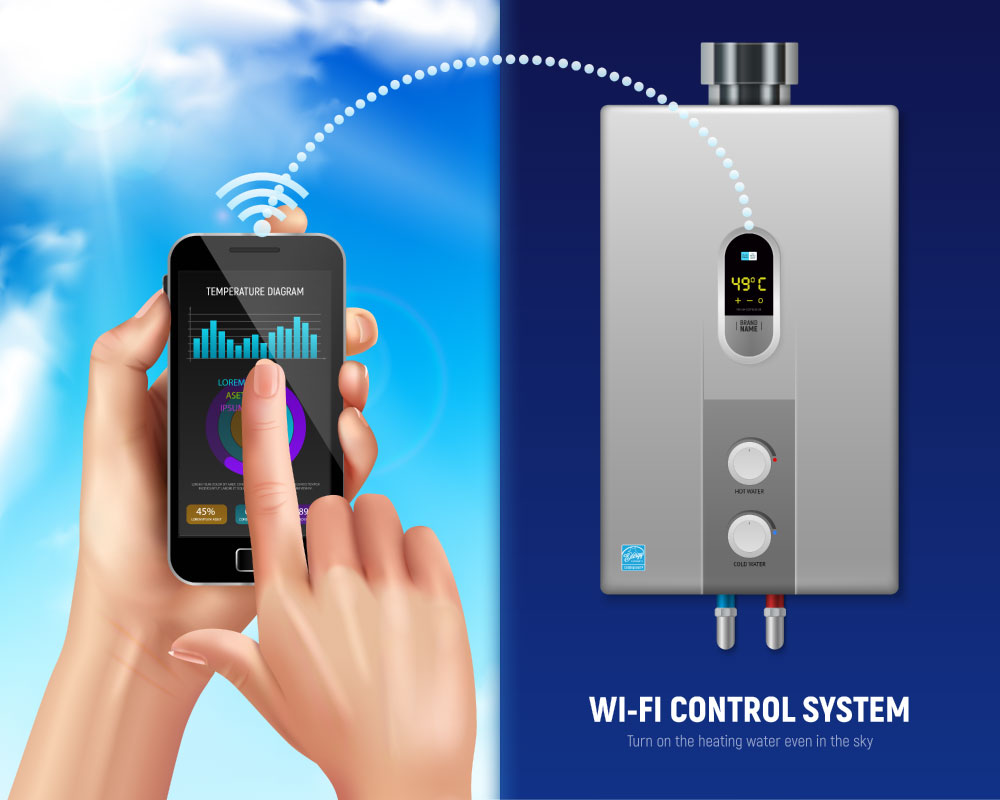
Tankless water heater systems are growing in popularity because they heat water on demand, last longer than tank models, and take up less space. If you consider yourself an energy-conscious homeowner, this upgrade may be worth your while.
While initial installation costs more, the savings on energy and maintenance over time make it a smart investment. Plus, you won’t run out of hot water during a long shower.
Add Another Bathroom
Adding a bathroom is a high-value upgrade. Whether it’s a basement bathroom or a powder room near the kitchen, more bathrooms mean greater convenience and a higher resale value.
According to Remodelling Magazine a bathroom addition can return up to 60% of the cost in added home value. It also makes your home more functional for guests, larger families, or future buyers.
Improve Water Quality
An easy way to protect your plumbing system and improve the taste of water is to invest in a whole-house water filtration system or water softener. What’s more, these additions can also extend the life of your appliances by keeping minerals from damaging internal components.
This is especially important in areas with hard water or frequent water quality issues.
Know the Local Rules
If you live in East Granby, CT (or anywhere else), plumbing upgrades need to follow local building codes. That means pulling permits, scheduling inspections, and hiring licensed professionals.
Skipping this step could lead to failed inspections or even fines. To be sure, working with a residential plumbing expert will make sure everything is done right and safely.
Seasonal Maintenance Protects Your Investment
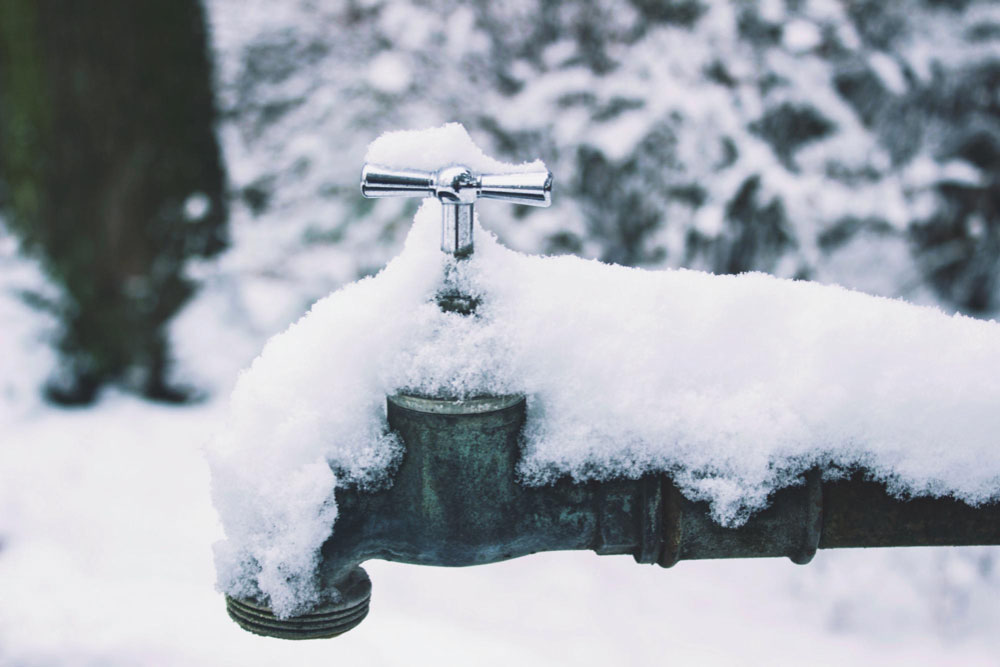
Regular care helps your upgrades last. A seasonal checklist can prevent damage from freezing, leaks, or wear and tear.
1. Basic seasonal tasks:
- Winter: Insulate exposed pipes.
- Spring: Check for leaks from melting snow.
- Summer: Service your water heater.
- Fall: Drain outdoor spigots.
2. When to DIY and When to Call a Pro
Changing a showerhead? You can probably handle that. Rerouting pipes or upgrading your water main? Best to leave it to a professional. Some jobs are simply too risky or complex to tackle on your own.
Professional plumbers can make sure that your upgrades are up to code and are safe to use for everyone in your family.
Summing Up
The right plumbing upgrades improve daily comfort, cut waste, and add lasting value to your property. Whether you’re staying long-term or thinking about selling, investing in your plumbing is a smart way to protect your home’s future.
If you’re intent on investing in upgrades, don’t risk it. Work with a trusted plumber, plan wisely, and choose updates that make sense for your lifestyle and budget.
Also Read: Everything You Need to Know About Plumbing Services
FAQs on Plumbing Upgrades
1. How Often Should Plumbing Be Updated?
Plumbing usually lasts 20–50 years. Update sooner if you notice leaks, rust, low pressure, or constant repairs. Outdated materials, like galvanised steel or polybutylene, should be replaced promptly.
2. What Plumbing Upgrades Add the Most Value?
Replacing old pipes, installing tankless water heaters, adding bathrooms, and upgrading fixtures are high-value projects that can significantly enhance the value of your home. They improve efficiency, safety, and comfort while increasing the resale appeal for buyers.
3. Are Modern Plumbing Fixtures Worth the Investment?
Yes. Modern faucets, low-flow toilets, and showerheads can reduce water bills abruptly. These fixtures conserve resources, and accentuate bathroom style. Upgraded products can bridge a balance between efficiency and performance, and that makes them a smart and affordable upgrade.
4. Why Should Plumbing Upgrades Adhere to Local Codes?
Local building codes ensure plumbing is safe and reliable. Permits and inspections protect homeowners from fines, failed sales, and dangerous shortcuts. Licensed plumbers guarantee compliance with all rules.























